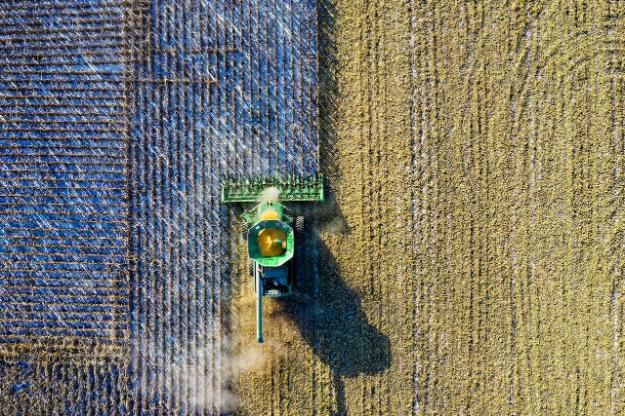Mississippi State University has been awarded a grant exceeding $610,000 from the US National Institute of Food and Agriculture to embark on a research project aimed at transforming agricultural waste into viable fuels. The grant, designated for a three-year period, will support El Barbary Hassan, a department professor and scientist at the university’s Forest and Wildlife Research Center, and his team, including postdoctoral researcher Islam Elsayed.
The primary objective of the project is to convert residual biomass from agricultural production, which would typically be discarded as waste, into valuable chemical substances. These substances will serve as building blocks for fuels and other chemicals, offering an alternative to traditional petroleum-based sources.
See also: Origis Energy Secures $344 Million Investment from Mitsubishi UFJ for Mississippi Solar Project
Over the grant period, the scientists plan to focus on creating and refining these chemicals derived from sugars present in the biomass. Hassan highlighted the potential of using carbohydrates from biomass material for producing liquid biofuel additives, emphasizing their high energy densities and blending properties in diesel fuel. The targeted chemical substance exhibits energy properties akin to gasoline, surpassing ethanol by 40%.
Hassan stressed the environmental benefits of increasing the use of biomass-based fuels, which not only diverts agricultural waste from landfills but also reduces carbon dioxide emissions. By harnessing biomass that would otherwise be discarded or burned, the project aims to contribute to sustainability efforts and enhance air quality.
Dr. Rubin Shmulsky, Professor and Sustainable Bioproducts Department Head, commended Dr. Hassan’s project as a testament to the university’s commitment to addressing real-world challenges. The initiative is poised to provide additional revenue sources for farmers and foresters in largely agricultural states like Mississippi. Furthermore, the processing and refining of biofuels are expected to generate job opportunities nationwide, aligning with broader renewable energy goals set by the United States.
The research project led by Dr. Hassan exemplifies the university’s dedication to pioneering solutions that address current issues while laying the foundation for future advancements in renewable energy technology.

